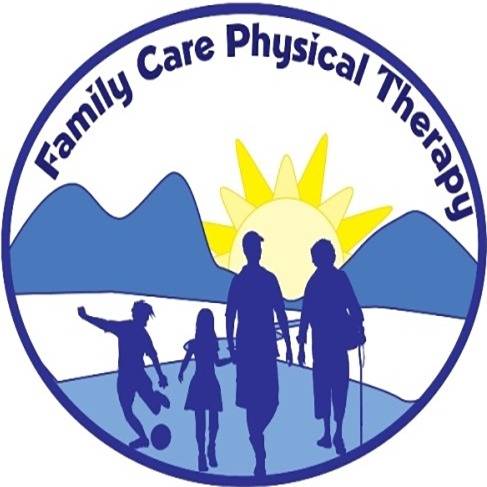How Physical Therapy Supports Mental Health
Physical therapy has mental health benefits.
A Holistic Approach to Well-Being
Physical therapy is commonly known for treating injuries, improving mobility, and managing chronic pain, but its benefits extend far beyond the physical. In recent years, research has shown a strong link between physical therapy and mental health improvements, making it a useful tool for promoting overall health.
Integrating physical therapy into mental health treatment.
The Mind-Body Connection in Physical Therapy
Physical therapy involves much more than just exercises and rehabilitation techniques. It taps into the powerful connection between the body and the mind. When our bodies are in pain, injured, or unable to move freely, it takes a toll on our mental state.
Anxiety, stress, and depression can all occur quickly, particularly when pain interferes with daily activities. Physical therapy aims to break this cycle by improving physical health, which, in turn, positively affects mental health.
How does physical therapy help mental health?
How Physical Therapy Helps Reduce Stress and Anxiety
One of the key ways physical therapy benefits mental health is by reducing stress and anxiety. Physical activity, whether it's guided exercises, stretching, or mobility work, triggers the release of endorphins—the best "feelgood"chemicals. These endorphins boost mood and energy levels, helping to alleviate symptoms of anxiety and stress. Additionally, physical therapy encourages mindfulness.
Therapists often focus on body awareness, breathing techniques, and posture correction, which promote relaxation and reduce tension in the body. This holistic approach helps patients better manage stress and anxiety in their day-to-day lives.
Mental health physical therapy program
Addressing Depression with Physical Therapy
Physical therapy can also play a significant role in managing depression. People dealing with chronic pain or recovering from an injury often face feelings of hopelessness and sadness due to their physical limitations. This can create a cycle where mental health deteriorates as physical health worsens.
By improving physical function, physical therapy helps break this cycle. It enables individuals to regain their independence, perform daily tasks more comfortably, and feel a sense of accomplishment. These improvements can enhance self-esteem and restore a sense of control over one’s life, which are critical elements in fighting depression.
Physical therapy in mental health
Enhancing Sleep and Reducing Fatigue
Poor sleep and fatigue are common issues for those struggling with mental health problems. Physical therapy can help by promoting better sleep quality and reducing daytime fatigue. Regular physical activity, including exercises prescribed by a physical therapist, helps regulate the body's sleep-wake cycle. When the body is active during the day, it becomes easier to fall asleep at night and stay asleep throughout the night. In addition, physical therapy targets muscle tension and pain, which often interfere with sleep. Stretching, massage, and joint mobilization can help relieve pain and allow for a more restful sleep.
Role of physiotherapy in mental health
Building Resilience Through Physical Therapy
Physical therapy is not only about healing the body; it's also about building resilience. As individuals progress through their therapy program, they often find themselves better equipped to handle both physical and emotional challenges. This newfound resilience can improve their ability to manage mental health conditions as they learn to approach problems with greater confidence and clarity. Regular movement, even in the form of gentle exercises, helps prevent feelings of stagnation or helplessness. Physical therapy gradually fosters a more proactive, positive approach to managing both physical and mental health.
physical therapy in mental health
Conclusion: The Overarching Benefits of Physical Therapy for Mental Health
Physical therapy is a valuable tool for improving mental health, offering benefits such as stress reduction, anxiety relief, improved sleep, and a greater sense of control. By addressing both physical and mental health, physical therapists help patients take a holistic approach to well-being. Whether you're recovering from an injury, managing chronic pain, or looking for ways to reduce stress, physical therapy can provide the support you need to improve both body and mind.
Family Care PT is a family-oriented physical therapy clinic consisting of highly educated, professionally trained staff who utilize expert knowledge and techniques to create an ideal healing environment. We believe a genuine environment reflecting care, understanding, and response to the needs of each patient will lead to the return of optimal health, and we strive to create this type of environment every day.
Physical therapy clinics in Buffalo & Williamsville, NY, specialize in orthopedic rehab, injury recovery, back and neck pain relief, post-surgery therapy, sports medicine, manual therapy, pediatric physical therapy, and senior fitness. We accept most major insurance, workers compensation, and private pay.
Contact Family Care PT in Buffalo, NY, today to feel better tomorrow. Sammy Iraci PT
Call 716-440-1118 or visit us www.familycarept.com
